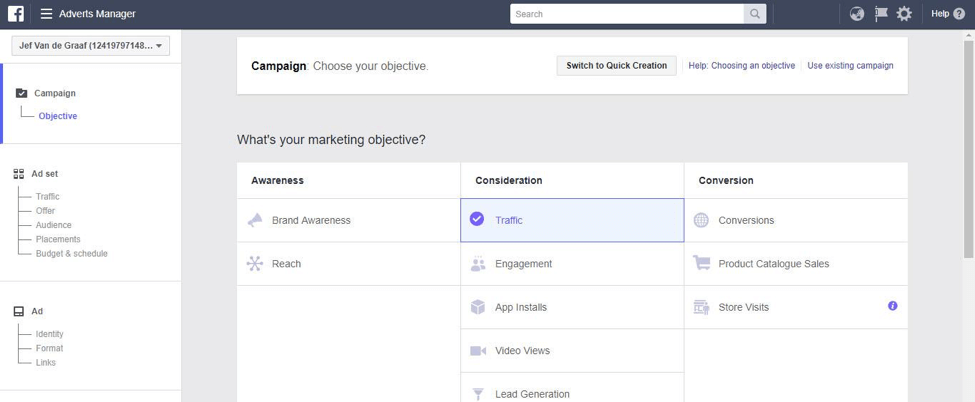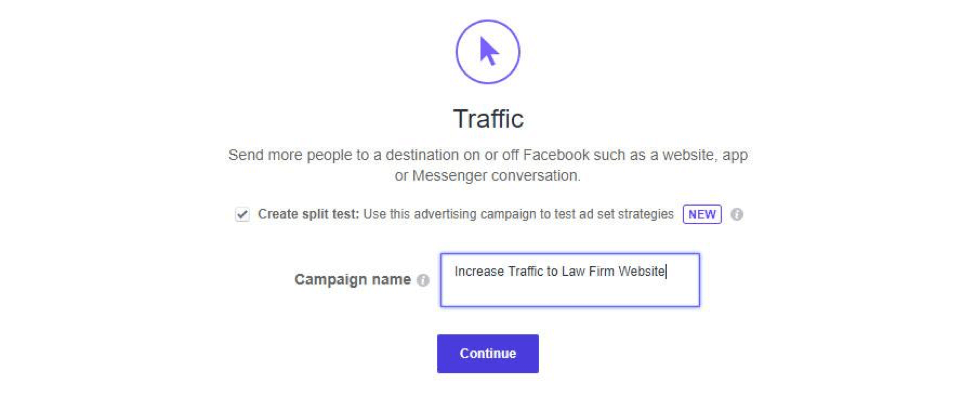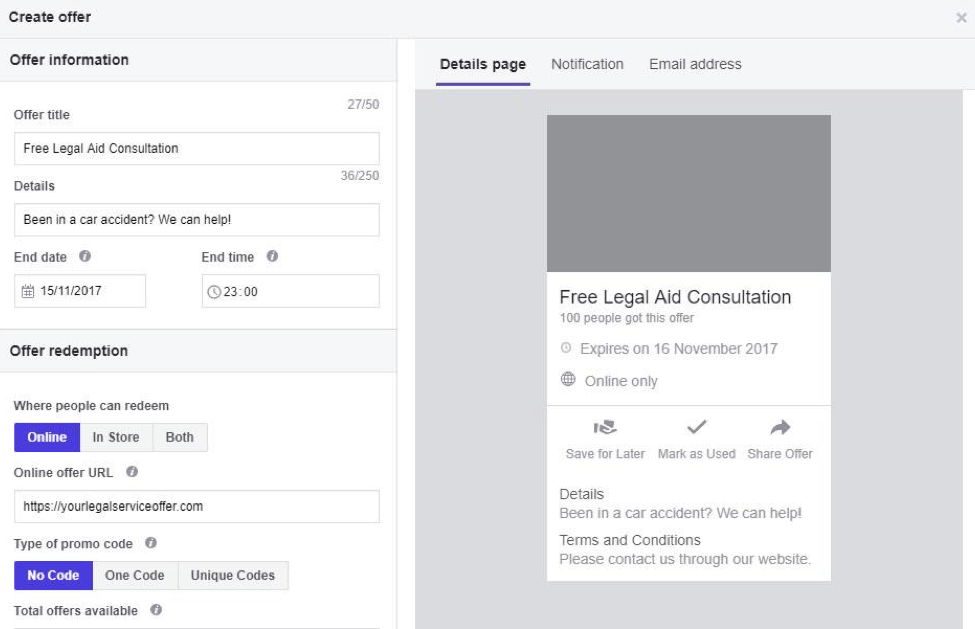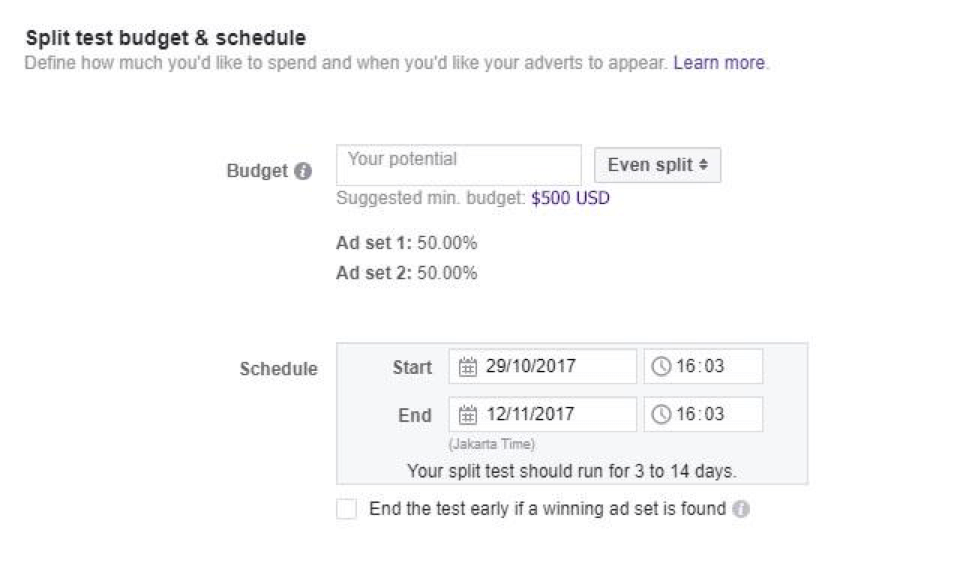Health insurance is a vital consideration for any lawyer practicing law. Whether you’re a solo-practitioner, small law-firm or a team of multiple partners, having the right insurance policy will provide peace of mind and financial support in the case of any unforeseen medical events.
Depending on the size of your firm, there are various packages you can obtain which cover general health, dental, and more extensive health related operations. You can choose between short-term medical to long-term medical and rates will vary depending on who you choose.
If you’re looking for malpractice insurance, you can read a comprehensive article about what you need to know.
Importance of Health Insurance
Health insurance is often in debate in the United States and regardless of the responses, having a good health insurance plan helps pay for the high costs of medical care.
Health care plans come in different packages and sizes. You can purchase individual health insurance plans or packages that protect you and the people working at your law firm.
All plans will vary on their degree of coverage however most plans provide coverage for general medical situations such as: seeing a primary care physician (i.e. for general medical check ups), medical emergencies (may require deductibles to cover expenses), preferred medical providers (where you have the freedom to choose your medical practitioner).
Getting the right health insurance deters any unexpected and unwanted costs associated with complications to your health. If you’re unsure where to get health insurance for lawyers, keep reading to review some of the choices available to you.
Health Insurance from the American Bar Association
Before searching for health insurance from private companies, you find a variety of beneficial health insurance packages from the American Bar Association (ABA) or your local state bar.
If you are or become a member of the (ABA), you are eligible to receive discounted rates for health, dental and long-term health insurance plans.
For a solo practitioner, you can apply for a non-subsidy plan or choose from a list of affordable medical insurance plans that cover short term, long term, or temporary periods of coverage.
Additional packages can be purchased separately such as dental and vision insurance. If you’re operating a firm with multiple partners and/or associates, you can receive group rates at a higher discount. These insurance plans offer 100% coverage and you won’t have to pay any deductibles. In addition, you’ll receive nationwide coverage and you have the freedom to select and dentist of your choice.
If you’re looking for long term health care coverage, the ABA provides coverage to protect you today until old age.
The options offered through the ABA offer high limits, no deductibles and no credit checks. If you’re unsure where to get your insurance, reviewing the policies offered here would be a good start.
Public Assistance Programs
If you’re looking for a simple solution for health insurance you can apply for public assistance programs. While these programs are often available for lawyers who have limited or no income, depending on your situation, they may provide a viable alternative to more expensive health insurance packages.
One example of a public assistance program includes Medicaid. Medicaid is a health insurance program provided by the federal state which covers nursing home case, personal care services, and other medical costs for people with limited incomes.
This option is typically for those lawyers with low incomes and may apply to your situation.
If you or your law firm has more flexible and can invest in higher health care premiums, the following list of insurance providers may be more suitable for you.
Tips for Choosing Health Insurance for Lawyers
There is a lot of specific language included in health insurance policies. You will often see acronyms like HMO and HSA used repeatedly to describe what coverage you receive and how much the insurance company will provide.
As a legal professional, you know the importance of understand the fine details of a case. When it comes to choosing health insurance, you’ll want to know as much as possible to make the best decision for you and your lawyers.
Here’s a few tips to help guide you when deciding which health insurance provider to go with:
- Who Needs Coverage? If you’re a solo practitioner, you may only need coverage for yourself and any staff that helps out at the office. However, for a bigger law firm, you’ll want to consider who needs coverage, what’s their family situation, and whether or not your employees have children. Finding family-friendly insurance policies will provide coverage for not only your own needs but the needs of those who work at the office.
- What’s your budget? Once you know who needs health insurance and the kind of insurance you may want to receive, what is your budget going to be? Health insurance can be expensive and you’ll have to factor in your law firm’s budget when deciding how much coverage you can afford and the cost of the premium per person. Depending on where you practice law, you may be obligated to provide at least half the cost of the insurance plans.
- What are your options? You have the freedom to shop around for a health insurance provider that works best for you, your staff and your budget. Before making a decision, here are a few important points to consider:
- What is the monthly premium rates?
- Is there a deductible or co-payment? How much?
- Can you choose your own health care provider or do you have to choose from a predetermined list from the insurance provider?
- Does the insurance plan cover prescriptions?
- Are there add-ons available? Dental? Vision?
When choosing a health insurance provider for you or your law firm, it is importance to perform your own due diligence to find the best plan. Although deciding on an insurance policy will be determined based on your budget and number of staff in office, having the right plan is valuable for your staff and their overall well being.













 The benefit of setting up a Facebook Ad with an offer is that people who see this ad can save it and receive notifications about it.
The benefit of setting up a Facebook Ad with an offer is that people who see this ad can save it and receive notifications about it.
























